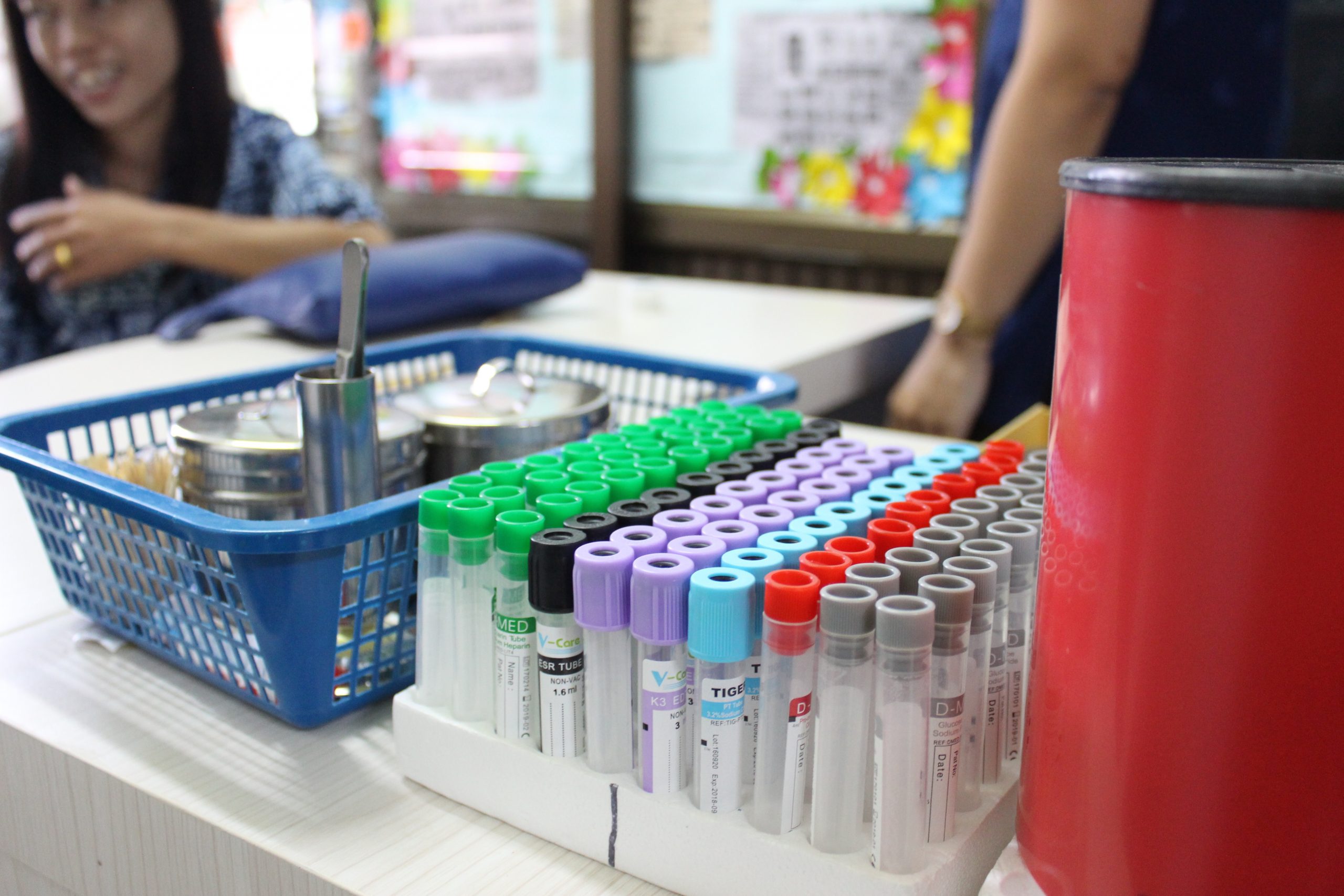
Thailand
Eliminating Mother-To-Child Transmission of HIV
- Status
- Completed Research
- Research Year
- 2016-17
The mother-to-child transmission (MTCT) rate of HIV in Thailand, at its worst, was over 20 per cent. Between 2000–2015, the MTCT rate decreased by over 90 per cent through improved antenatal care, antiretroviral therapy, service delivery and, monitoring and surveillance. Civil society organizations played a critical role in advocating for health services to reach everyone, everywhere.
Researchers
-

University of Toronto
Andrea Macikunas
-

-

-
Mentors
-

University of Toronto
Joseph Wong
Founder, The Reach Alliance; Professor and Vice-President, International, University of Toronto

